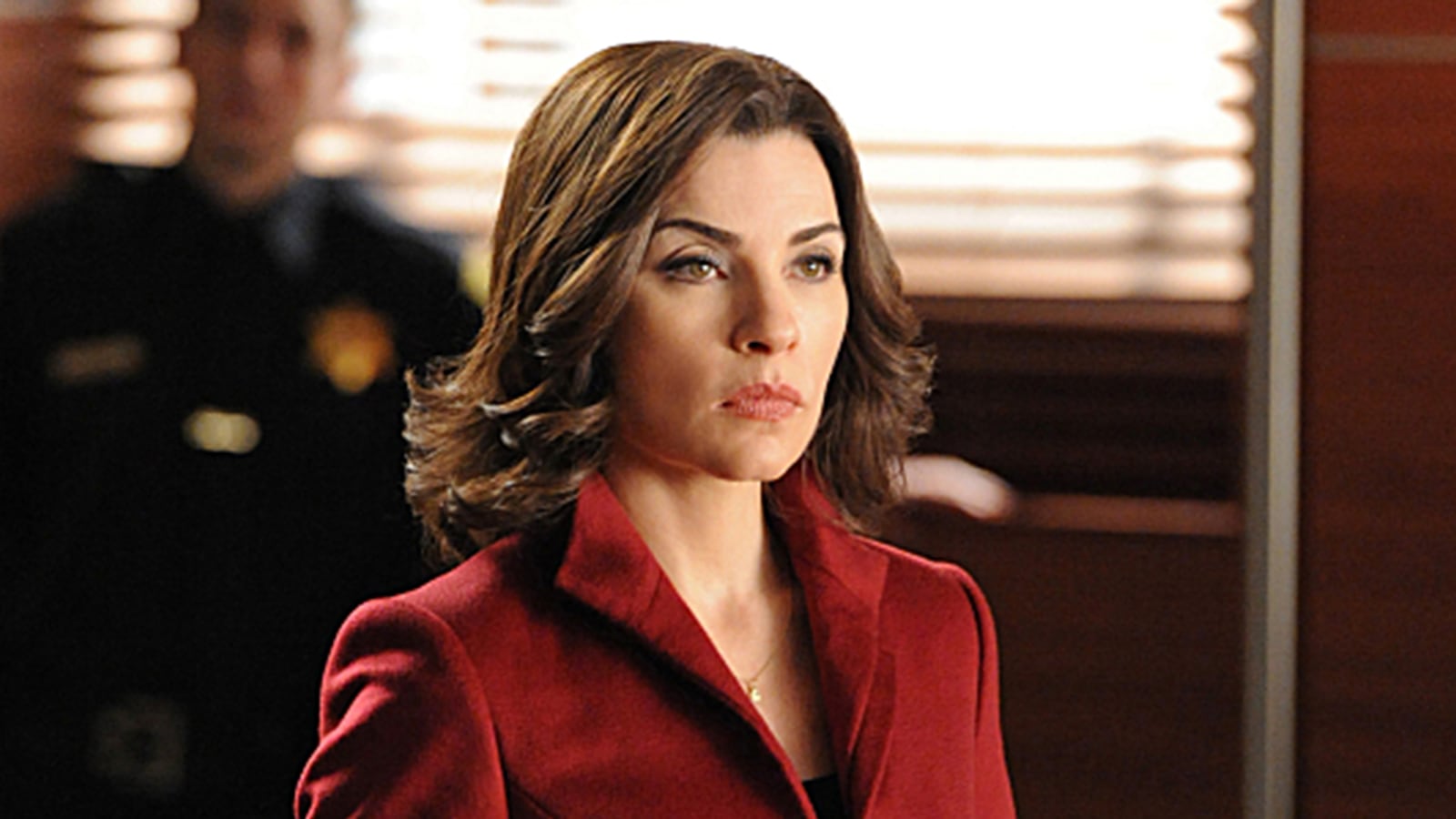ABC’s Scandal should take a note from The Good Wife. This is what a well-executed “OMG” moment actually looks like.

Following its return from a Winter Olympics imposed hiatus, CBS had been teasing a three-episode event that would culminate in “the most shocking Good Wife moment ever.” And holy sh** did it deliver. Nothing could have prepared us for the final act of last night’s episode “Dramatics, Your Honor.”
Will Gardner (Josh Charles) was killed. His deranged client Jeffrey Grant (Hunter Parrish) shot him in the middle of the courtroom.
No, you didn’t misread that last sentence. Will Gardner is indeed dead. Let that sink in for a moment.

It’s a complete shock because not only was Will Gardner the show’s male lead and Alicia Florrick’s (Julianna Margulies) former co-worker and onetime lover turned enemy, but he was also a seemingly integral part of the current story arc about the Department of Justice’s investigation into voter fraud in the Chicago gubernatorial election. The promos leading up to last night’s episode heavily featured Will, but tricked the audience into believing that the promised shocking moment would simply have to do with Will deciding to cooperate with the DOJ’s investigation into the Florrick Campaign. The Good Wife cleverly lowered expectations to give Will’s death more power.
“Dramatics, Your Honor” started out like any episode and opened with the case-of-the-week, which was about Jeffrey Grant, a college student on trial for raping and murdering a fellow student—a storyline that was first introduced earlier this season in “The Next Week.” Naturally, the first half of the hour was spent watching Will struggle in court against Finn Polmar (Matthew Goode), the State’s Attorney’s office’s newest prosecutor. Elsewhere, Alicia and Cary (Matt Czuchry) dealt with her deposition with Nelson Dubeck (Law & Order: Criminal Intent’s Eric Bogosian), the agent of DOJ’s Office of Public Integrity who is leading the investigation.
The Good Wife lured viewers into a false sense of security by choosing to focus on Will’s relationship with Kalinda (Archie Panjabi) in lieu of Will’s relationship with Alicia, which had grown antagonistic in recent months but had begun to thaw last week. There was one scene in particular towards the middle of episode that stands out. Following a tough day in court, Will and Kalinda meet for a drink and she tells him she is thinking about leaving. Naturally, Will tries to talk her out of it.
“Okay look, you take a few months off,” he says. “Go have a life, but I’m telling you right now that you will be bored sick. Life is overrated, and you’ll miss it. That feeling you get when you figure something out. You live for that. Anyway, I’ll miss you. There aren’t many people I like left.”
This exchange takes on a new poignancy in light of Will’s death. His passing is certainly sad, but at least he died in a courtroom doing what he loved. It’s been clear, especially since his suspension in the third season, that Will lives for practicing the law, and since the events in this season’s equally momentous episode “Hitting the Fan,” Will had refocused on his profession and his goals. Yes, his death is tragic because, as executive producers Robert and Michelle King note in their letter to the fans that was released after last night’s episode aired, it is the ultimate instance of bad timing in Will and Alicia’s relationship. However, at least he died in a courtroom, the place where he came alive. It was clear from his talk with Kalinda that his attempts at sublimation were working, and he was indeed fine with not having a life. (Speaking of timing, isn’t it interesting that this episode didn’t feature any elevators? Elevators have long been the show’s de facto motif for timing in Will and Alicia’s relationship. Then again, last week’s flashback heavy episode did feature a classic Will-Alicia elevator scene.)
The creative minds behind The Good Wife made it clear that this decision was not reached easily, and was not made just for shock value. In their letter to fans, the executive producers explain that this has been the plan since last spring when Josh Charles informed them that he would not return after his four-year contract ended. They decided to not “send him off to Seattle” (a reference to how ER handled the departure Julianna Margulies’s love interest played by George Clooney) because “there was something in the passion that Will and Alicia shared that made distance a meager hurdle. The brutal honesty and reality of death speaks to the truth and tragedy of bad timing for these characters. Will’s death propels Alicia into her newest incarnation.” In killing off Will’s character, the executive producers not only furthered the “Education of Alicia Florrick,” what they view as the heart of The Good Wife, but also use it to explore the “irredeemability of death”—how we as humans deal with sudden death of loved ones.
As my colleague Kevin Fallon noted in his review of Scandal’s “OMG” moment, “three minutes after we find out which one of them was killed next week, we’re going to be completely over it. (After all, Scandal plows through plots with the abandon of drunken buffalo.).” Meanwhile, The Good Wife masterfully juggles moving parts in every episode, while maintaining a deliberate pace. “Dramatics, Your Honor” ended with Alicia answering Kalinda’s phone call about Will. We don’t see her break the news. There’s no rush. It’s clear that Will’s death won’t be soon forgotten and it shatters what was the status quo of the show. Now that’s good television.





